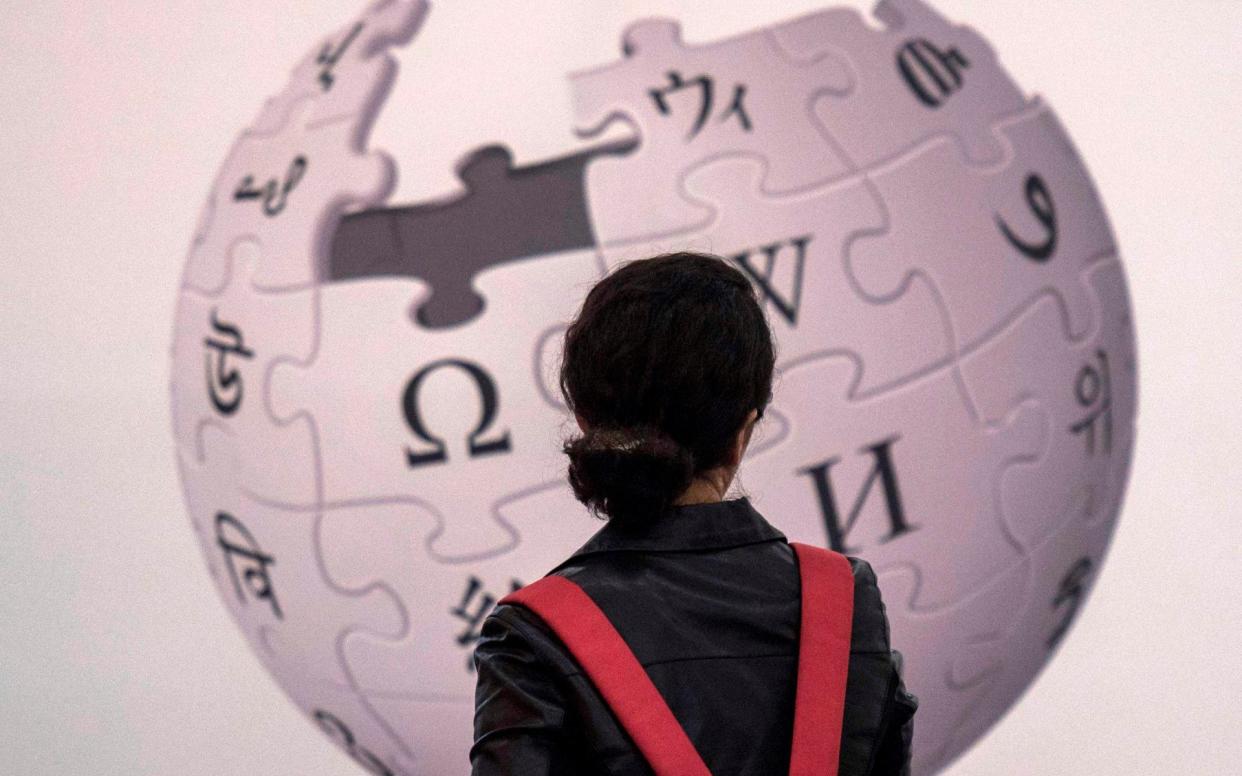Sage advisers used Wikipedia entries to model first Covid lockdown


Scientists advising the Government on the first coronavirus lockdown relied on Wikipedia to model their forecasts, they have admitted.
Advisers to the Scientific Advisory Group for Emergencies (Sage) said it was the only data they could access in the early days of the pandemic, adding that the use of out-of-date information sourced separately meant forecasts in March were wrong, contributing to a delay in imposing the lockdown.
One told a BBC investigation that the Democratic Republic of Congo was better at collecting infection data on Ebola than the UK was on Covid-19.
One expert on the Scientific Pandemic Influenza Group on Modelling (SPI-M), the group that carries out Sage modelling, said they relied on Wikipedia to get up to date information.
Professor Ian Hall, from Manchester University and the deputy chairman of SPI-M, said: "The public may be surprised that we were using Wikipedia to get data very early on in the pandemic, but that was really the only data that was publicly available that we could access."
Dr Nick Davies, from the London School of Hygiene and Tropical Medicine, another member of SPI-M, said NHS data used to predict the growth of the virus was often "up to a week old". He added: "That was the first time when I started to feel like things really were not in control."
He said he believed the subsequent delay in lockdown cost lives and, "had lockdown been imposed a week earlier, we may have avoided about half or slightly more than half the number of deaths".
The investigation also found no experts on human coronaviruses were advising the Government in the lead-up to the first lockdown.
The New and Emerging Respiratory Virus Threats Advisory Group (Nervtag), which has been helping to shape the Government's Covid-19 response, consists of scientists who provide advice to the chief medical officer for England, Professor Chris Whitty, and it first met in January to discuss the pandemic without a recognised expert in human coronaviruses.
Professor Calum Semple, an academic at the University of Liverpool and member of Nervtag, told the BBC "quite a few of us had read the literature for Sars and Mers" but there was no particular specialist who had just focused on human coronaviruses.
Professor David Matthews, of the University of Bristol, who has been studying viruses for over 30 years, told the BBC he would have expected to have been consulted on the virus as one of only a handful of UK human coronavirus experts.
He told the programme that at the time his was the only team working on human coronaviruses in the UK and said: "You have to remember there are not many corona virologists in the UK at all. I half expected someone in the Government to say: 'Is there anybody who’s got a containment facility and working on dangerous human coronaviruses right now?' But that didn't happen."
A Department of Health spokesman said: "Covid-19 is a novel virus – we drew on the relevant expertise. We have been guided by the advice of experts from Sage and its sub-committees and our response helped to ensure the NHS was not overwhelmed."
Lockdown 1.0 – Following the Science? BBC Two, Thursday, November 19, 9pm

